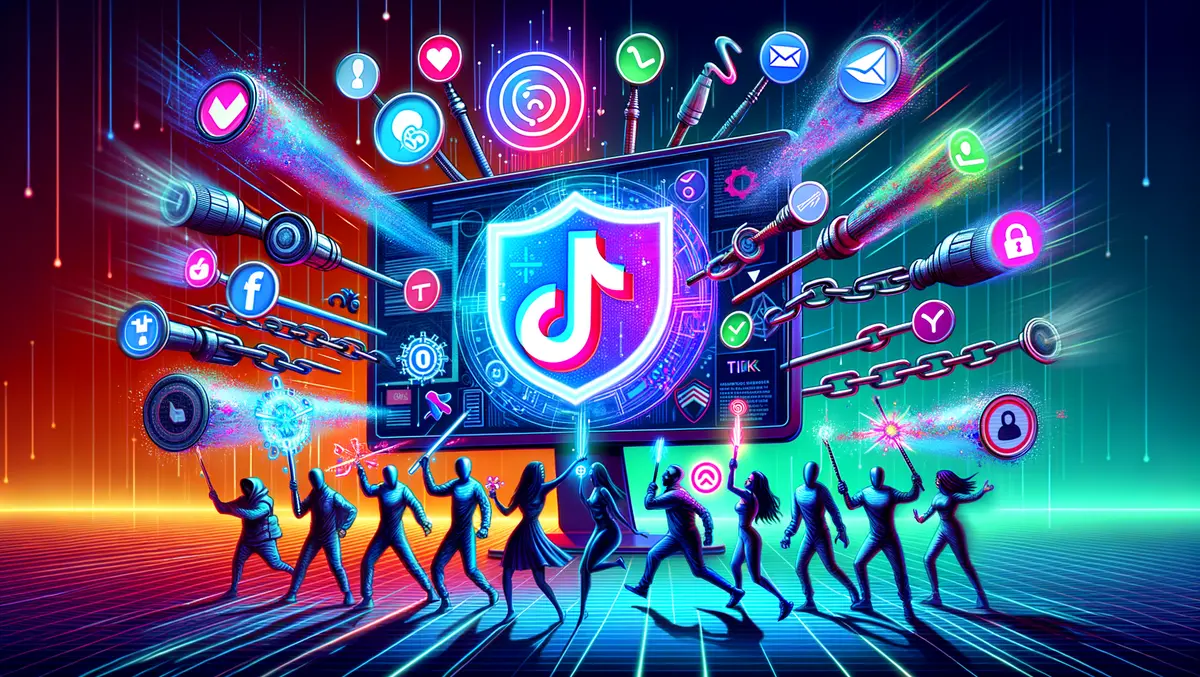TikTok announced its intention to join the Content Authenticity Initiative (CAI) and the Coalition for Content Provenance and Authenticity (C2PA), marking a considerable progression towards ensuring content authenticity in the digital arena. TikTok will be the first social media platform to label AI-generated content uploaded onto its site using 'Content Credentials', a method aimed at optimising online transparency.
This move is part of a three-pronged strategy, according to Dana Rao, General Counsel and Chief Trust Officer at Adobe, which includes provenance, policy, and education. "For [the tool] to work, we would need a three-part approach: provenance, policy, and education, all working together to create a chain of trust from creation to consumption," Rao explained.
TikTok, boasting over 170 million users in the U.S. alone, has taken the pioneering step to utilise Content Credentials. Through this measure, a basic level of transparency in the digital space is established, which is seen as crucial in a world inundated with manipulated images indistinguishable from genuine ones. "Transparency is the key to trustworthy content," mentioned Rao.
Content Credentials, often described as digital nutrition labels, contain metadata that provides information like the creator's identity, the device used for content creation, date and time, availability of original content, and history of edits if an AI was used. Thus, the creator can establish authenticity levels with the viewer, fostering trust in the digital milieu.
According to Adobe's Future of Trust Study, education is equally critical in combating online misinformation. The study surveyed over 6,000 consumers across the U.S., the U.K., France and Germany, discovering an intense consumer desire for tools to verify digital content's credibility. Most respondents stated that determining trustworthy content online has become challenging in recent times.
Effective digital literacy campaigns tackling deepfakes require a twofold approach, firstly, understanding AI can generate deceptive content and secondly, creating awareness about tools like Content Credentials. Acknowledging this, Rao stated, "It is time for all stakeholders, government, industry, academia, civil society - to come together and work on creating digital literacy about AI generated content."
However, the battle against misinformation is not for technology and education alone, policy solutions are critical to restoring trust in online content. "It is encouraging to see governments throughout the world adopting policies on content authenticity, and we need to ensure that provenance metadata is an option to be added wherever content is created and can be carried with the content wherever the content goes," Rao said.
The collaboration between TikTok and Adobe represents an encouraging advancement in improving online content authentication. With the strategic application of technology, policy, and education, it is hoped that deepfakes can be effectively combated.



